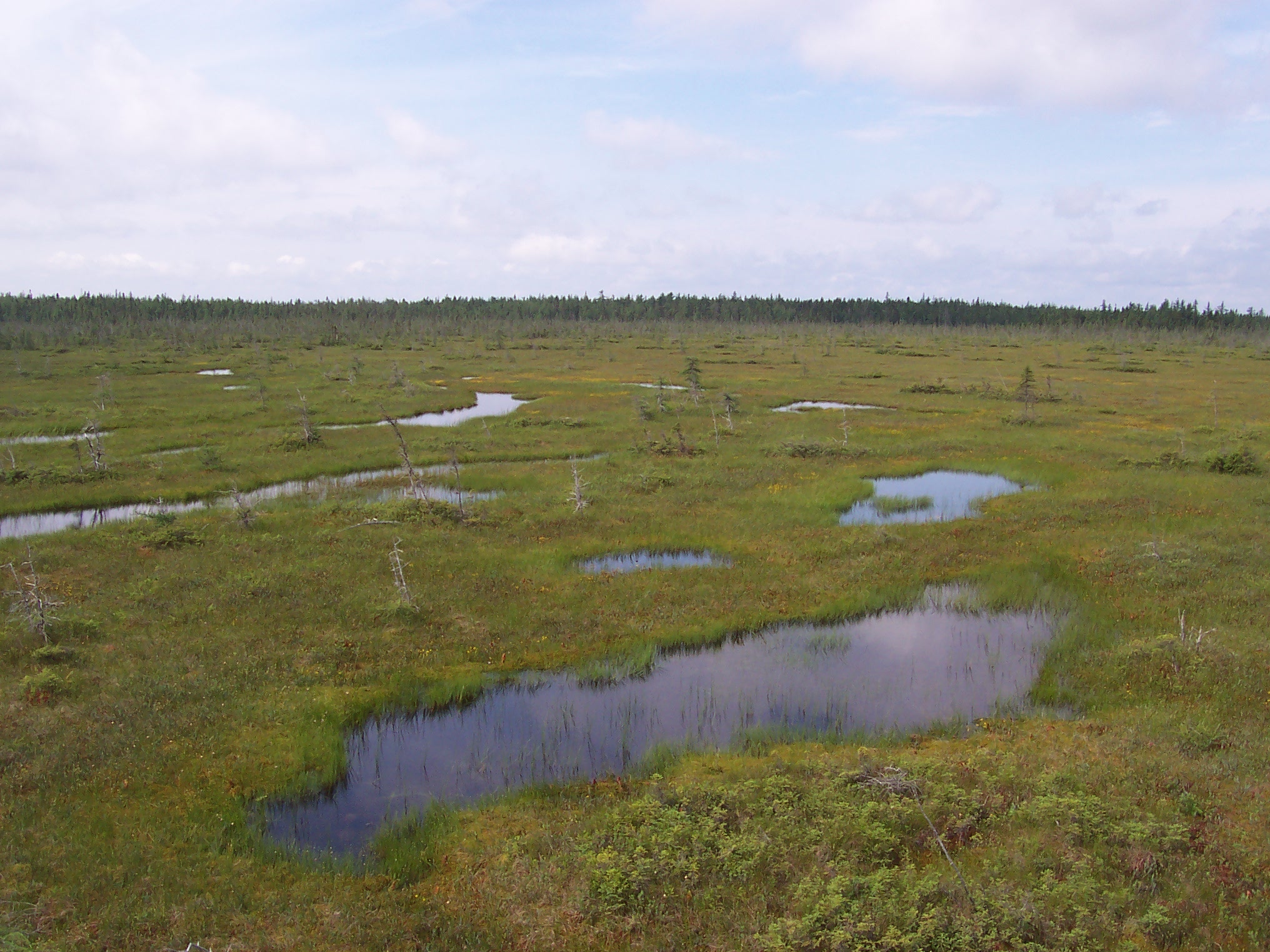In Walker's Wisconsin, local stewards take the environmental lead
While the Walker-directed bulldozer is trashing the environment and putting even parkland at risk, it's good to see various Dane County partners preserving water and public land access in Cherokee Marsh and Fireman's Park in Verona.
Likewise, props to City of Madison officials for a host of solid policies and pushback against environmental rollbacks by the US EPA.
And to the everyday work of groups like Milwaukee Audubon Society, quietly restoring woodlands and prairie near the Horicon Marsh.
Like I said last month when noting that the City of Milwaukee was improving a wetland and public access to it in Bay View, municipalities and local activists will step up when the state fails to carry out its commonsense responsibilities and constitutionally-mandated environmental obligations on behalf of the public:

Likewise, props to City of Madison officials for a host of solid policies and pushback against environmental rollbacks by the US EPA.
And to the everyday work of groups like Milwaukee Audubon Society, quietly restoring woodlands and prairie near the Horicon Marsh.
Like I said last month when noting that the City of Milwaukee was improving a wetland and public access to it in Bay View, municipalities and local activists will step up when the state fails to carry out its commonsense responsibilities and constitutionally-mandated environmental obligations on behalf of the public:
The Public Trust Doctrine
Wisconsin Waters Belong To Everyone
Wisconsin lakes and rivers are public resources, owned in common by all Wisconsin citizens under the state's Public Trust Doctrine. Based on the state constitution, this doctrine has been further defined by case law and statute. It declares that all navigable waters are "common highways and forever free", and held in trust by the Department of Natural Resources...
All Wisconsin citizens have the right to boat, fish, hunt, ice skate, and swim on navigable waters, as well as enjoy the natural scenic beauty of navigable waters, and enjoy the quality and quantity of water that supports those uses.
Wisconsin law recognizes that owners of lands bordering lakes and rivers - "riparian" owners - hold rights in the water next to their property. These riparian rights include the use of the shoreline, reasonable use of the water, and a right to access the water. However, the Wisconsin State Supreme Court has ruled that when conflicts occur between the rights of riparian owners and public rights, the public's rights are primary and the riparian owner's secondary.
Wisconsin's Public Trust Doctrine requires the state to intervene to protect public rights in the commercial or recreational use of navigable waters. The DNR, as the state agent charged with this responsibility, can do so through permitting requirements for water projects, through court action to stop nuisances in navigable waters, and through statutes authorizing local zoning ordinances that limit development along navigable waterways.-----------------------------------------------










1 comment:
I hope they put up big signs telling who paid for these parks and how the State has abrogated their responsibility. Otherwise people assume that the state is doing its job. It is not.
Post a Comment